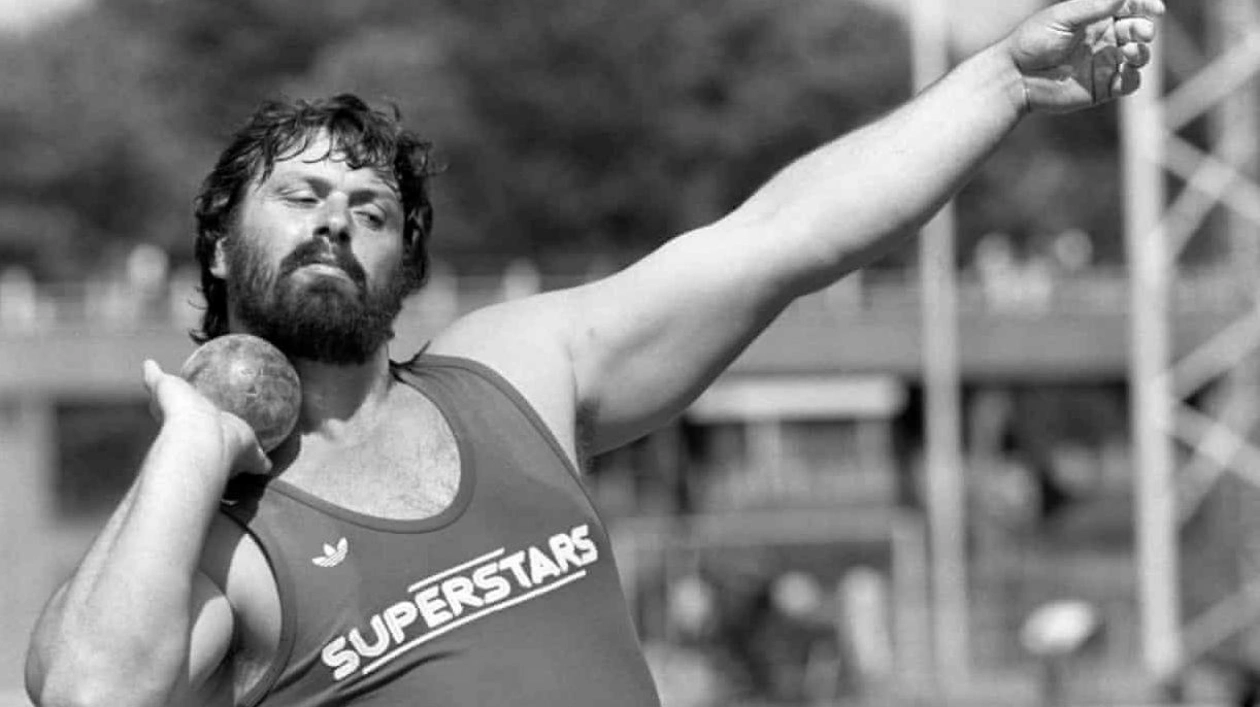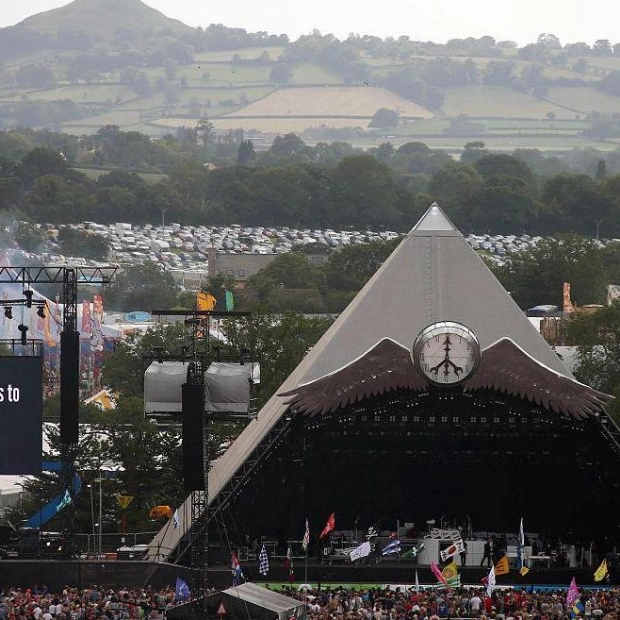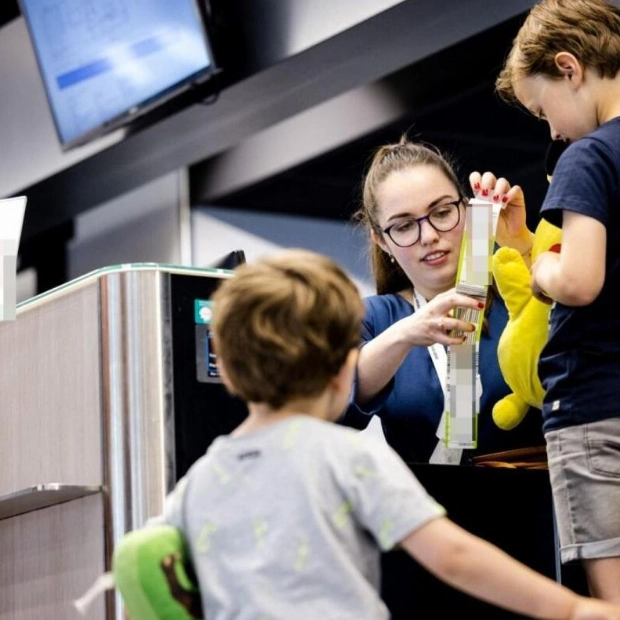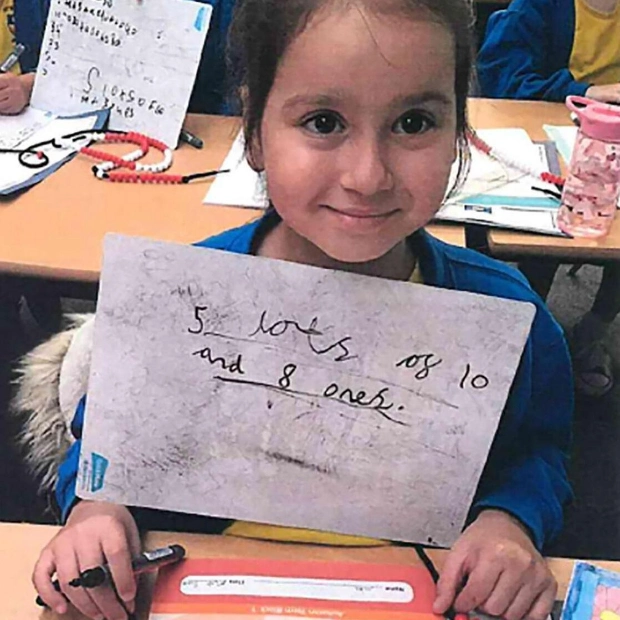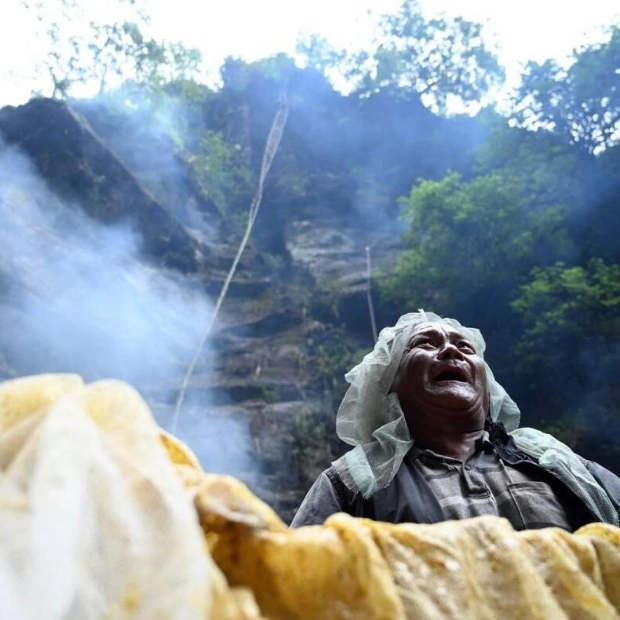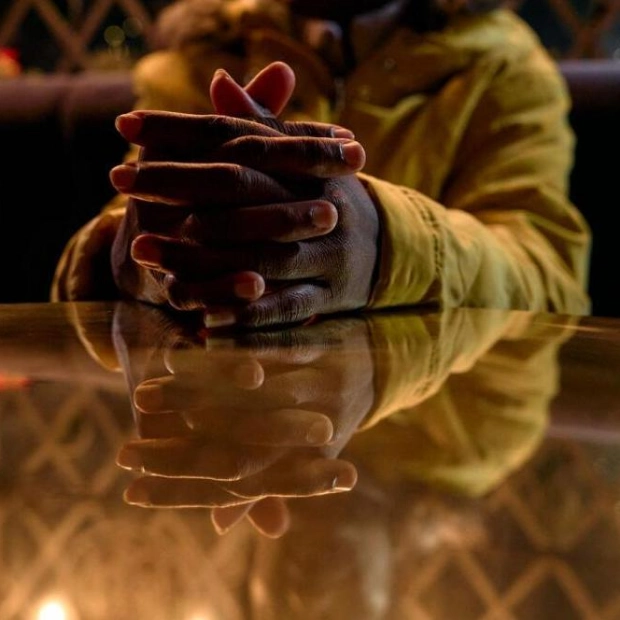Standing at an imposing 6ft 6in and weighing over 26st in his prime, Geoff Capes was a formidable figure who earned international respect as a record-breaking shot putter. Later, he gained even greater fame as a television personality through his appearances in strongman competitions. Capes was twice crowned World’s Strongest Man and achieved numerous successes in Highland Games events. Although he never realized his dream of winning an Olympic medal, despite competing in three Games and finishing fifth in 1980, he had a remarkable career, winning Commonwealth gold medals in 1974 and 1978, and claiming the European indoor title twice, in 1974 and 1976. He represented his country a record 67 times between 1969 and his retirement from athletics in 1980, when he focused on paid competitions. His lifetime best shot put distance of 21.68m, achieved in his final competition, remains a national record.
Capes was already a beloved figure among British athletics fans, but his fame soared with his television appearances in the World’s Strongest Man competition. He won the title for the first time in Christchurch, New Zealand, in 1983, and again in 1985 in Cascais, Portugal, where he triumphed over his Icelandic rival Jón Páll Sigmarsson in a memorable contest. Another British World’s Strongest Man winner, Eddie Hall, described Capes as “a giant in heart and spirit,” noting that he paved the way for athletes like him, demonstrating that British grit and determination could conquer the world.
Born in Holbeach, Lincolnshire, Capes came from humble beginnings. His father, Bill, was a farm labourer, and his mother, Eileen, had six children from previous marriages before having Geoff and two more children. The family lived in modest farm cottages, and Capes often reflected on their working-class status. Leaving school at 14 with no academic qualifications, Capes worked alongside his father in the fields before becoming a labourer. Despite his early rebellious nature, he excelled in sports, representing Lincolnshire in football, basketball, and cross-country running. It was athletics, however, that truly captivated him. He joined Holbeach Athletics Club, where coach Stuart Storey recognized his potential and encouraged him to focus on shot putting. By the late 1960s, Capes was an international champion and had joined the police force at age 19.
Capes resigned from the police force before the 1980 Moscow Olympics, as the Conservative government had advised athletes not to participate due to the Russian invasion of Afghanistan. This decision cost him his career, pension, and income. Capes believed that his public opposition to the government’s stance hindered his recognition in the honors list for his athletic achievements. After his athletic and strongman careers, Capes remained in the public eye through television appearances and lucrative advertising campaigns. One notable 1983 TV ad featured a dapper Capes effortlessly lifting and rolling over a Volkswagen car.
Capes also owned a sports retail business in Holbeach and served as a magistrate. His passion for budgerigar breeding began during his policing days when he visited a man’s home to arrest him for non-payment of a fine. The house was filled with dozens of budgerigars, and Capes’ interest was piqued. “We sat down, had a cup of tea, and chatted about budgerigars. I eventually arrested him,” Capes recalled, “but he was very good about it and gave me my first three pairs of budgerigars. From there, I’ve never looked back.” Capes went on to win international competitions for budgerigar breeders and was elected president of the Budgerigar Society of Great Britain in 2008.
Capes is survived by his partner, Kashi, and two children, Emma and Lewis, from his 1971 marriage to Gill, which ended in divorce in 1982.
Source link: https://www.theguardian.com
